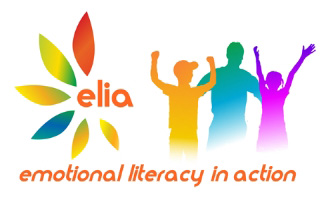The objective of this project is to provide supported training to VET teachers (LEO-TraInno-8) in Emotional Literacy (EL) so that they can better manage their relationships with students, colleagues and other stakeholders, thereby improving classroom behaviour, motivation, academic performance, soft skills competence and long-term employability, and decreasing drop out and exclusion.
Following objectives are aimed for:
1) To train and support teachers in building constructive communication, interaction and relationship with their learners through an emotionally literate and culturally competent approach.
2) To increase young people’s engagement in learning, their motivation and to raise achievement. To help all young people be inspired and reach their potential
3) To contribute to the EU ‘s aim of reducing early school leaving to below 10% by the end of the decade
An innovative toolkit, that has been successfully integrated already in other countries, goes beyond teaching methodologies to provide effective solutions that facilitate learning, improve behaviour and raise attainment by helping teachers to develop effective communication skills with students and encourages a reflective approach to their teaching.
An EL approach combats racism, xenophobia, and sexism by creating a more culturally responsive emotionally literate school environment, where perception of ability based on hearsay, a lack of understanding or stereotyping can be overcome. The Emotional Literacy model is designed to provide a developmental structure that focuses on key elements relevant to becoming emotionally, socially and culturally competent. It provides activities and exercises designed to develop better relationships with young people, as well as tackling issues related to race, class and gender using case studies, vignettes, and activities that highlight the difference emotional literacy can make to the outcome. Teachers will learn to recognise a variety of issues that can cause behavioural problems. The whole person needs to be considered and not just the outcome that can cause them to be disruptive.
Outcomes can include:
• improved communication between teacher and learner;
• the promotion of an inclusive learning environment;
• raising attainment;
• less disruptive and inappropriate behaviour;
• the development of a school ethos that celebrates cultural diversity, equality of opportunity and the values of an inclusive, nurturing learning environment
Cultural adaptation of toolkit, pilots in 5 countries, 70 teachers trained, Emotional Literacy trainers trained.

